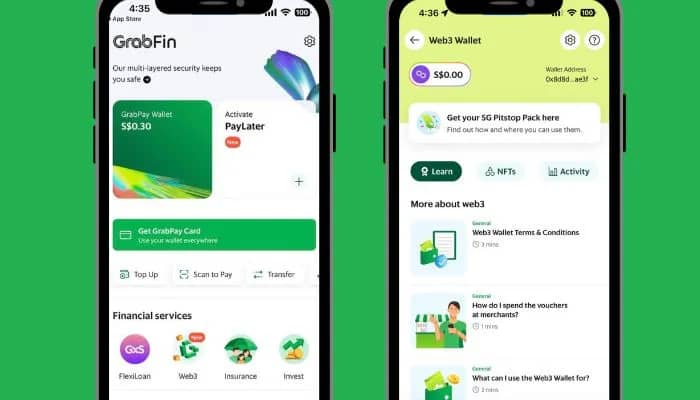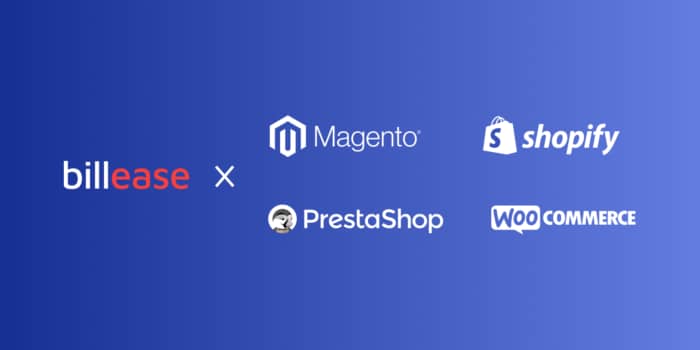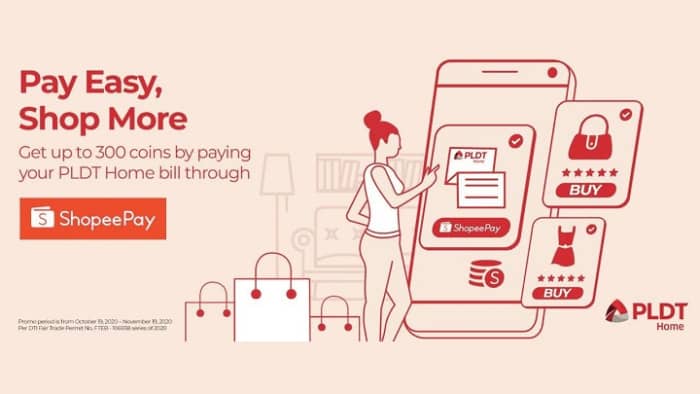Kuala Lumpur, Malaysia – National payments system Payments Network Malaysia Sdn Bhd (PayNet) has recently appointed Daphne Lourdes as its new director of product and partner marketing. Daphne joins PayNet following a three-year stint with regional buy-now-pay-later (BNPL) platform Atome.
In a quick conversation by Daphne with MARKETECH APAC, she stated that she is eager and energised to do her part in empowering Malaysia’s digital economy.
“As director of product and partner marketing, I will be leading a team in planning and implementing strategic marketing initiatives to drive PayNet’s products’ brand awareness, adoption and growth together with our partners, through joint marketing plans and co-branded initiatives,” she said.
Daphne added, “This involves crafting product go-to-market strategies, positioning and messaging, as well as identifying key market opportunities, such as supporting rural and sub-urban digital payments development.”
Daphne was most recently the general manager for Atome Malaysia from 2022 to earlier this year. During her stint, she led the in-country commercial team (marketing, merchant success, operations), responsible for driving Atome’s growth in Malaysia.
She also served as the brand’s head of marketing for Malaysia, where she led the full-funnel consumer marketing planning and implementation for Atome Malaysia, from driving brand awareness and traffic to acquisition & conversions. Moreover, she also led a strong focus on cross-functional collaboration to grow together with merchant partners.
Speaking on her move from Atome to PayNet, Daphne said, “With curiosity and an open mind. I don’t think of it so much as “carrying over” my past experiences, but rather drawing inspiration and key learnings from the wins and losses I’ve encountered over the last 15+ years as a marketer.”
She added, “I’ve also come to understand my own style of servant leadership better and strive to inculcate a culture of grit and collaboration amongst my team. With the latter being exceedingly vital in building successful long-term partnerships.”
Daphne’s appointment comes amidst a slew of partnerships done by the payment platform across multiple financial institutions, such as with Ant International for SME support, Swipey to improve payment channels for SMEs, CelcomDigi for improved security on DuitNow Payments, and Hong Leong Islamic Bank for a new fintech ecosystem for Muslims.










